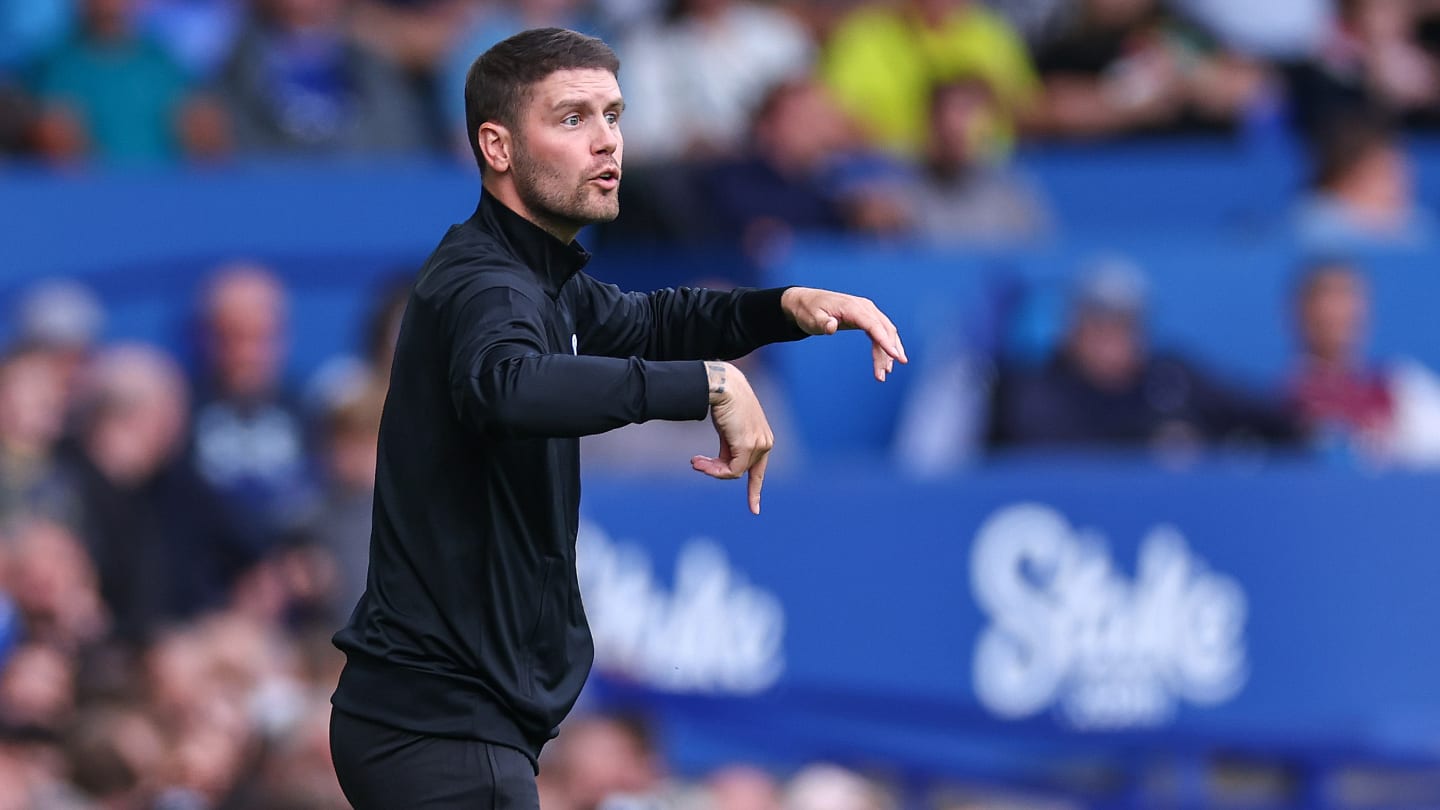Products You May Like
Young managers are becoming all in the rage in the modern game.
Premier League clubs in the 1990s were hiring blokes in their mere 30s without batting an eyelid, but the reasons behind the backing of youth from yesteryear were different for why the likes of Brighton have backed Fabian Hurzeler to succeed Roberto De Zerbi.
Back then, player-managers were pretty fashionable but it’s a concept that’s drifted horribly out of the game.
While the younger managerial minds from back then were still expected to contribute on the field, those tasked with leading projects in contemporary times are restricted to the sidelines.
Here are the ten youngest managers in Premier League history.
Stuart Pearce was coming towards the end of a storied career with Nottingham Forest by the time he was appointed the club’s caretaker player-manager in December 1996.
The defender’s career at the City Ground would span 12 years and over 400 league appearances, but it’d end with Forest succumbing to the second tier at the end of the 1996/97 season.
Pearce eventually shared managerial responsibilities with Dave Bassett but would earn Manager of the Month honours in January 1997.
A brief stint in charge as permanent boss ensued 17 years on from his exit as player-manager.
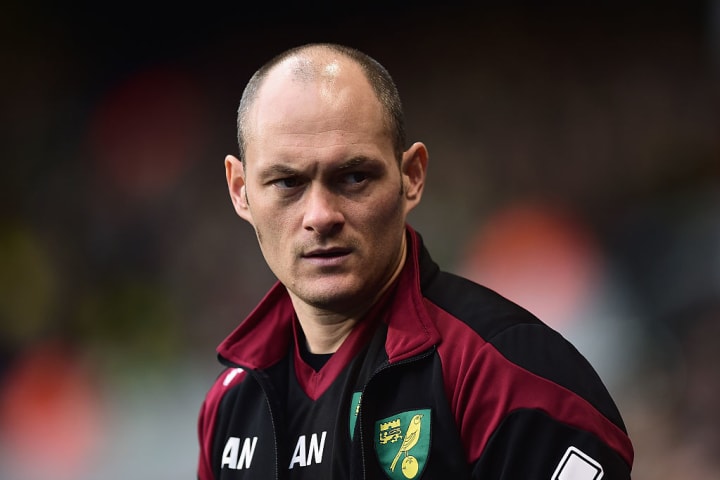

Alex Neil’s managerial career started superbly in a humble Hamilton Academical environment.
In 2013, Neil was coaching in the Scottish second tier. By 2015, the then-34-year-old Scot was leading Norwich City in the Premier League.
The Canaries pivoted to the unknown commodity midway through their 2014/15 Championship campaign and Neil became the second-youngest manager in the EFL at 33. He subsequently guided the club back into the top flight via the play-offs, although the Scot failed to keep Norwich in the Premier League and would lose his job in March 2017 with the club disappointing in the second tier.
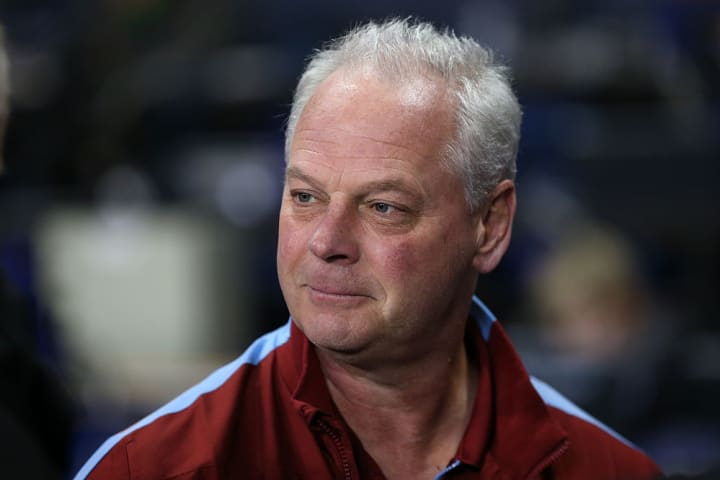

The former Leicester and Liverpool defender took charge of the Foxes for a very brief period. Kevin MacDonald was named caretaker manager in the wake of Brian Little’s departure in November 1994.
He was in the job for less than a month but did oversee a 2-1 home victory against an albeit mediocre Arsenal on his managerial bow.
MacDonald enjoyed several spells as Aston Villa’s caretaker boss in the 2010s and has thus far taken on just one full-time managerial role.
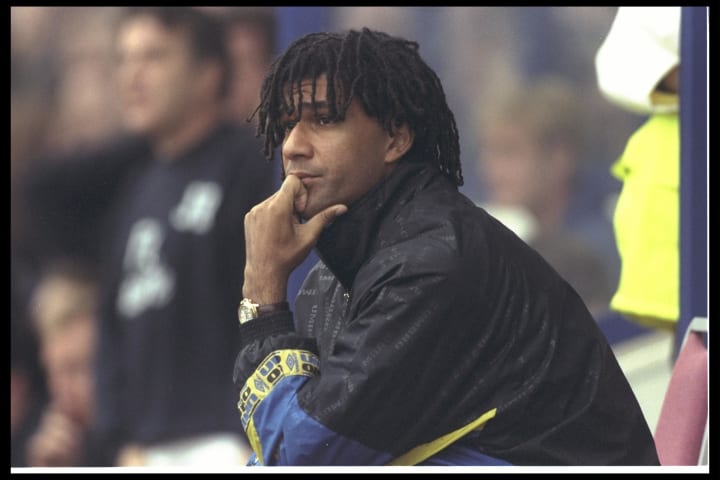

Before falling out with Alan Shearer amid a chaotic spell as Newcastle manager, Ruud Gullit joined Chelsea as a player in 1995 and the club would act as the Dutchman’s bridge between pitch and touchline.
Once recognised as one of the world’s best, Gullit continued to impress in west London as he was named runner-up to Eric Cantona for Footballer of the Year honours during his debut season.
He transitioned to a player-manager position in 1996, succeeding Glenn Hoddle, and enjoyed a prosperous maiden campaign in the role. Gullit became the first Dutch manager in the Premier League and guided Chelsea to FA Cup glory – their first trophy success in 26 years.
Disputes with the hierarchy, particularly chairman Ken Bates, meant Gullit’s stay was briefer than many expected. His sacking in February 1998 came as a huge surprise with Chelsea second in the Premier League.
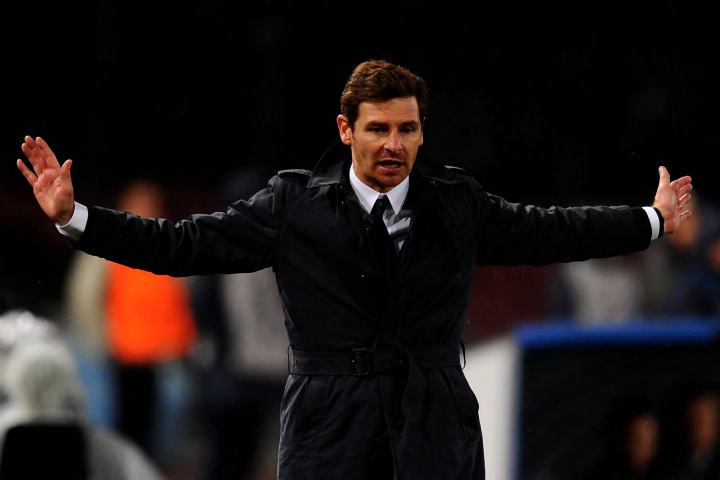

Andre Villas-Boas was once regarded as the second coming of Jose Mourinho.
AVB worked under Mourinho at Chelsea before making a name for himself in the coaching realm at Porto. He guided the Portuguese giants to four trophies in 2010/11, including the Europa League.
There were grand expectations when he returned to Chelsea in 2011. AVB was Europe’s hottest coaching prodigy, making his Premier League bow at 33.
However, his reign in west London was a disaster. He failed to endear himself to the club’s veteran core, instead alienating pivotal cogs. The young coach didn’t last a year in the job and that same team, one languishing in the Premier League, would go on to lift the Champions League under Roberto Di Matteo.
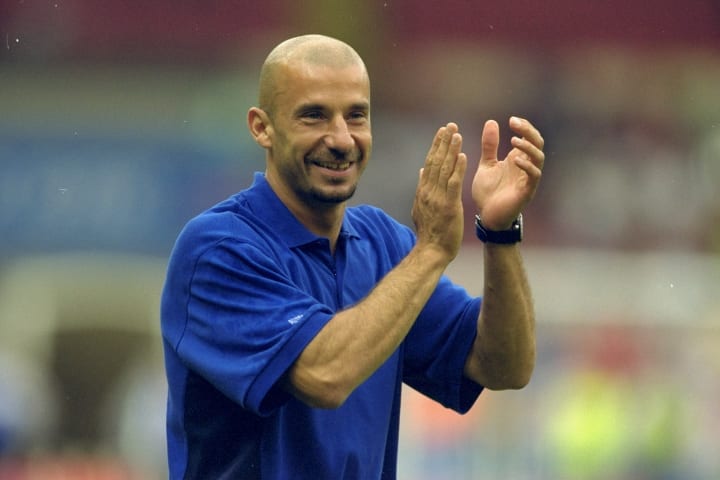

Gianluca Vialli assumed Gullit’s player-manager position following his shock departure and benefitted from the Dutchman’s work.
He became the first Italian to manage in the Premier League, with Vialli guiding the club to League Cup and European Cup Winners’ Cup glories in 1998. Although, Gullit had laid much of the groundwork for these triumphs.
The full-of-life Italian was initially universally adored with the Chelsea hierarchy enjoying the respite Vialli offered having had to juggle and nurse Gullit’s ego for a couple of years.
The Blues were seemingly embarking on an upward trajectory with the former Juventus striker at the helm, with the club able to attract superstar names to Stamford Bridge, but his reign came crashing down at the start of 2000/01 following major fallings out with key players.
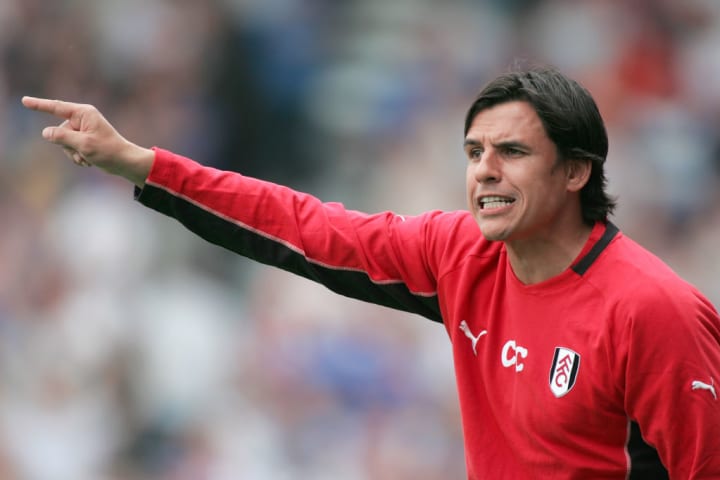

A leg break sustained in a car accident effectively ended Chris Coleman’s playing career in 2001 and he hung up his boots while donning the Fulham shirt in 2002.
He swiftly entered a coaching role with the Cottagers, joining Jean Tigana’s staff, and would succeed the Frenchman as caretaker to end the 2002/03 campaign.
Coleman impressed during his caretaker spell, helping the club escape the drop, and took on the role permanently from the start of the following season. The Welshman took charge of an exciting outfit, one laden with ‘the streets won’t forget stars, and guided the club to ninth in 2003/04.
His time in charge was largely regarded as a huge success, although the early promise shown under Coleman wasn’t replicated later on and he was sacked towards the end of the 2006/07 season.


The youngest Premier League player-manager of that era certainly didn’t look it and Attilio Lombardo’s time in charge was very brief, lasting no more than a month.
The cultured Italian, a star with Sampdoria during their pomp which almost culminated in 1992 European Cup glory, was instantly Palace’s main man upon his arrival.
His influence was so great that after the club parted ways with Steve Coppell, the Italian, along with Swede Thomas Brolin, was named the club’s caretaker player-manager.
Palace would go down despite Lombardo’s best efforts and, although he’d spend just two years in south London, the Italian is cherished at Selhurst Park.
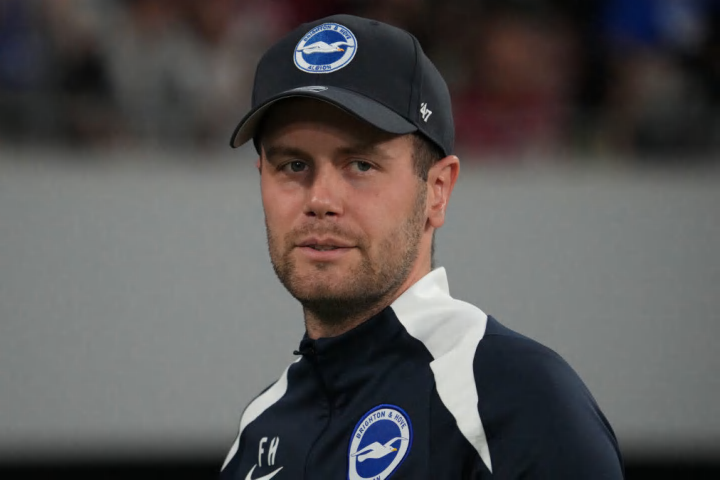

It’s a move that is very Brighton.
Fabian Hurzeler undoubtedly fitted the unknown commodity criteria when the Seagulls appointed the 31-year-old to succeed a miserable Roberto De Zerbi on the south coast.
However, the German arrives with a bucket-load of tactical intrigue and the start to his managerial career has been excellent. Hurzeler guided St. Pauli to the Bundesliga in 2024 and his Brighton teams are bound to be lots of fun.
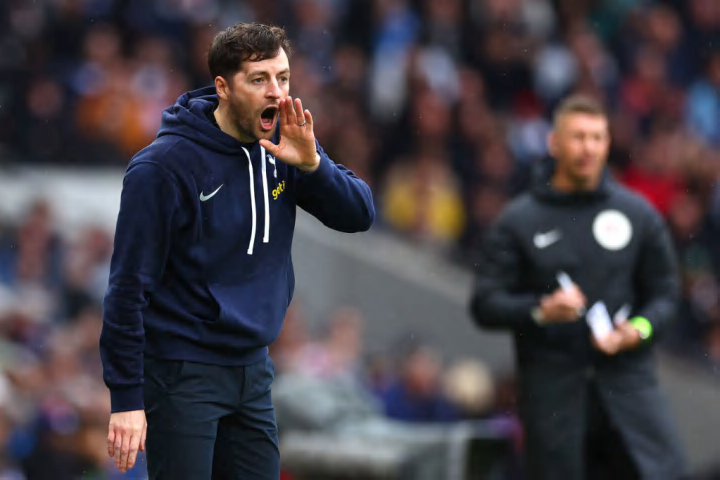

Having had his playing career tragically cut short due to a head injury, Ryan Mason quickly turned to coaching and earned a role in the Tottenham set-up.
The former midfielder worked under the likes Jose Mourinho and Antonio Conte in north London and he was the man the club turned to once they’d washed their hands with their superstar coaches.
After sacking Mourinho before the 2021 Carabao Cup final, Mason was placed in interim charge at 29 and faced Pep Guardiola at Wembley with silverware at stake having overseen just one senior game in his managerial career. While Spurs did win on Mason’s debut, Manchester City beat Tottenham 1-0 in the final.
